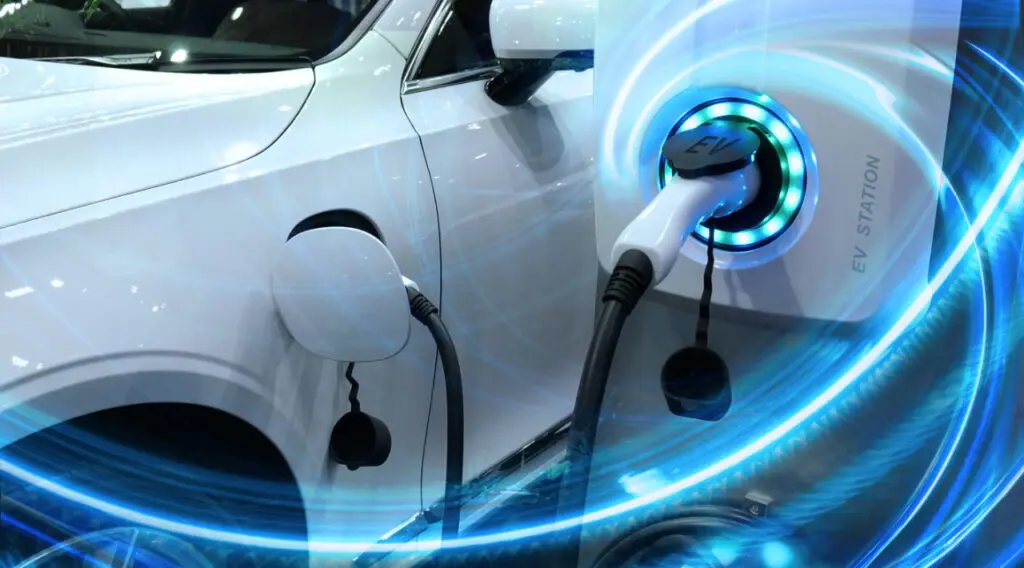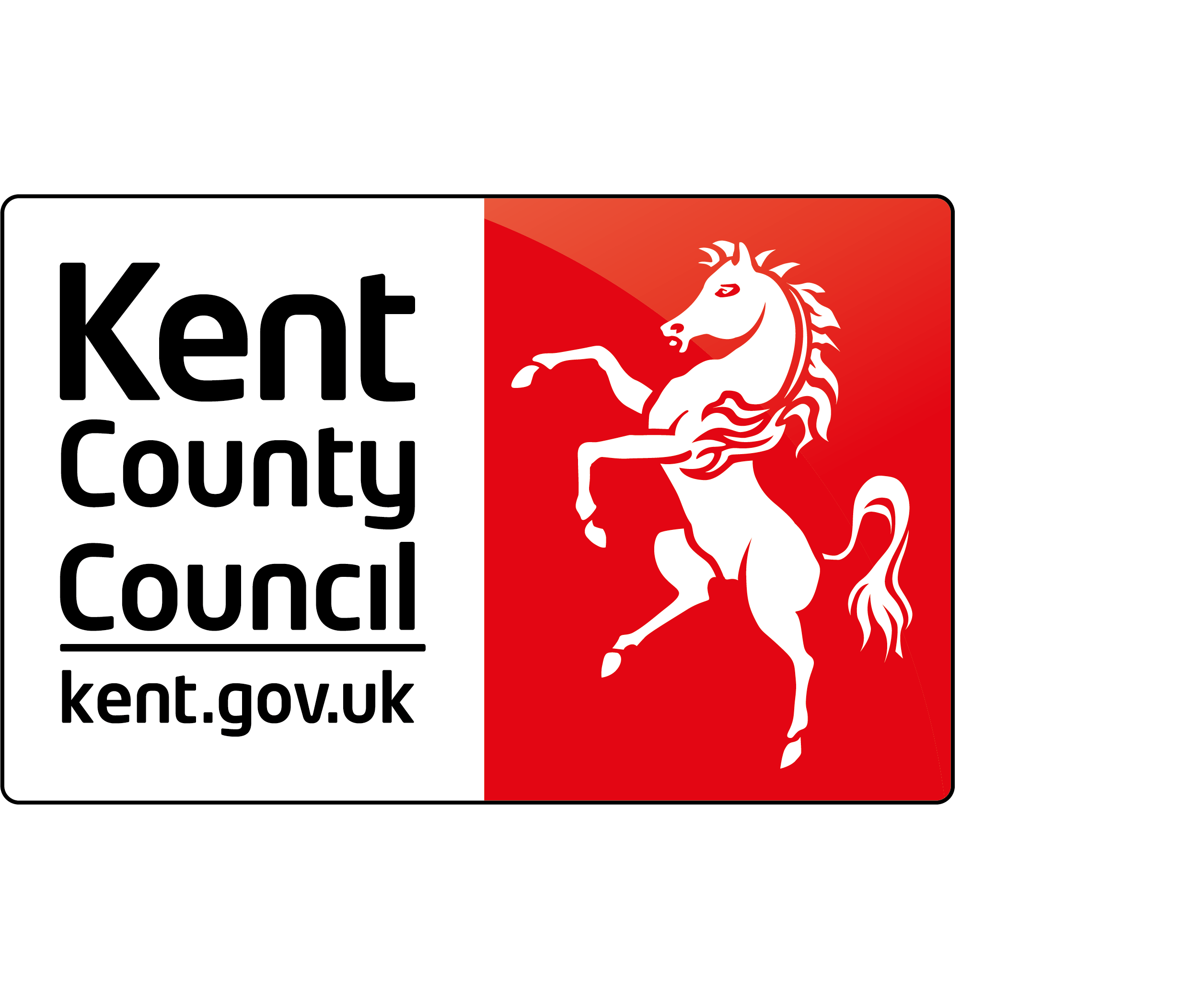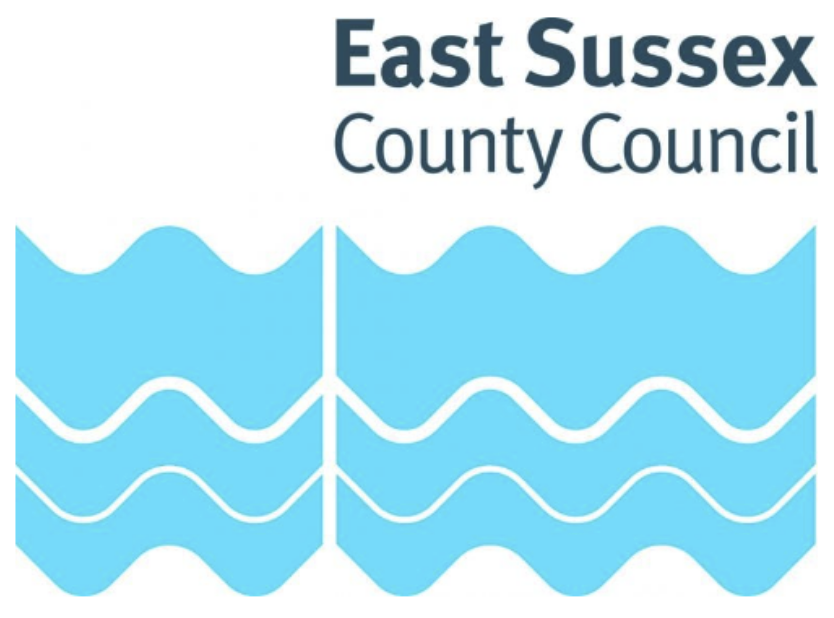Electric Vehicle Charging Infrastructure
Investing in a cleaner future
In March 2022, the UK government published Taking Charge: the national Electric Vehicle Charging Infrastructure Strategy. The strategy set out the government’s vision and action plan for the rollout of electric vehicle charging infrastructure across the UK. The national strategy was published alongside the goal of ending new petrol and diesel vehicle sales by 2030. These steps are the beginning of decarbonising the UK’s transport system.
Transport for the South East supports the government’s hopes to lower Co2 emissions, with a commitment to hit net zero by 2050. TfSE has developed several strategies and reports to help us achieve our goals, including our regional Transport Strategy, Carbon Assessment Report, Strategic Investment Plan and EV Charging Infrastructure Strategy.
Read the regional Electric Vehicle Charging Infrastructure Strategy here.
A full suite of additional technical documents which provide supporting evidence for the strategy can be found here.
Our strategy aims to facilitate the continued roll out of electric vehicle charging infrastructure across the TfSE area, in an efficient and cohesive manner, through better local engagement, leadership and planning.

Developing the EV Strategy
Government issued a call for Sub-national Transport Bodies (STBs) to help accelerate the rollout of electric vehicle charging infrastructure across their respective areas. In summer 2022, the consultancy firm, Arcadis, were commissioned to undertake the development of TfSE’s EV Charging Infrastructure Strategy in response to the government’s call to action.
Effective stakeholder engagement has been fundamental in developing the strategy and action plan. Close engagement with local authorities, distribution network operators, charge point operators and wider stakeholders has enabled an insightful exchange of views and knowledge on the key issues, challenges and opportunities regarding charging infrastructure rollout across the TfSE region.
The process has highlighted the importance of a collaborative approach given the fast-moving nature of the market, rapidly developing policies, and ever-enhancing technology. The relationships which have been created and strengthened throughout the development of our strategy will be integral to developing a future cohesive and resilient network of charging infrastructure across the South East.
Next Steps
Following on from the publication of our regional electric vehicle charging infrastructure strategy, we will now commence the process of implementing the strategy action plan. The action plan will help promote the transition to electric vehicles by supporting local authorities in providing a robust charging infrastructure network across the South East.
A collaborative approach with key stakeholders and partners will be essential in delivering the actions identified in our strategy action plan. The regional EV Forum has been key throughout the development of our strategy and will continue to meet on a regular basis in order to provide a platform for joined up thinking between partners and to share information and best practice.
To date, our strategy work has been focussed on charging infrastructure demand for private cars and vans. With the South East being the UK’s main international gateway for people and goods, we also plan to gather an understanding on the charging infrastructure demand from vehicle fleets that operate within the TfSE region. To do this, we plan to develop a set of forecasts that will capture EV charging infrastructure demand from vehicle fleet use across the TfSE area with continued support from the fleet electrification working group that was formed within the development of our strategy.
The strategy forecasts that up to 28,500 charge points are needed across the TfSE area by 2030.

















